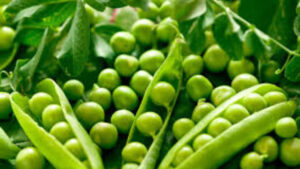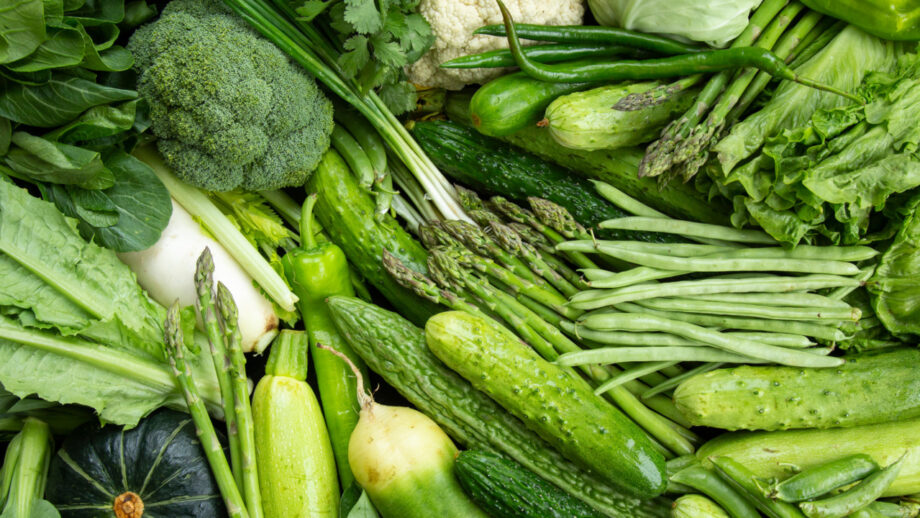The summer season is approaching, which means it’s time to switch up our attire, footwear, and even our diets. Eating large meals might make you feel nauseous and cause digestive issues such as indigestion. It is essential to consume seasonal veggies in order to maintain our health. Though all veggies have their own set of advantages, there are a few that you should include in your diet, especially during the summer, because they are light, full of nutrients, and keep us hydrated and healthy by allowing our bodies to handle heat more effectively.
Cucumbers are the ideal choice in the summer since they have 96% water and may be eaten fresh and green. Vitamin C and silica, which are recognized for their tissue-growth and skin-cleansing capabilities, are found in them. They are good for summer because of their high water content. Cucumbers should be eaten with the skin on since the outer skin is high in potassium, magnesium, and fiber, all of which are beneficial to the body’s health.
Brinjal, also known as baingan, is a purple vegetable that is high in dietary fibre and antioxidants. Molybdenum, potassium, vitamin K, magnesium, copper, vitamin C, vitamin B6, folate, and niacin are all abundant in it. It is believed to include a powerful antioxidant that can help decrease harmful cholesterol levels. However, if you already have renal or gallbladder problems, you should avoid brinjal.

The health advantages of tomatoes, which are classified as both fruits and vegetables, are particularly beneficial during the summer months. Tomatoes have been shown to reduce the incidence of prostate cancer and are beneficial to diabetics and heart sufferers. Vitamin C, vitamin A, and vitamin K are all abundant in them. Lycopene, potassium, vitamin B6, folate, dietary fibre, manganese, magnesium, niacin, and vitamin E are all key components in tomatoes.
They make excellent coolers.


